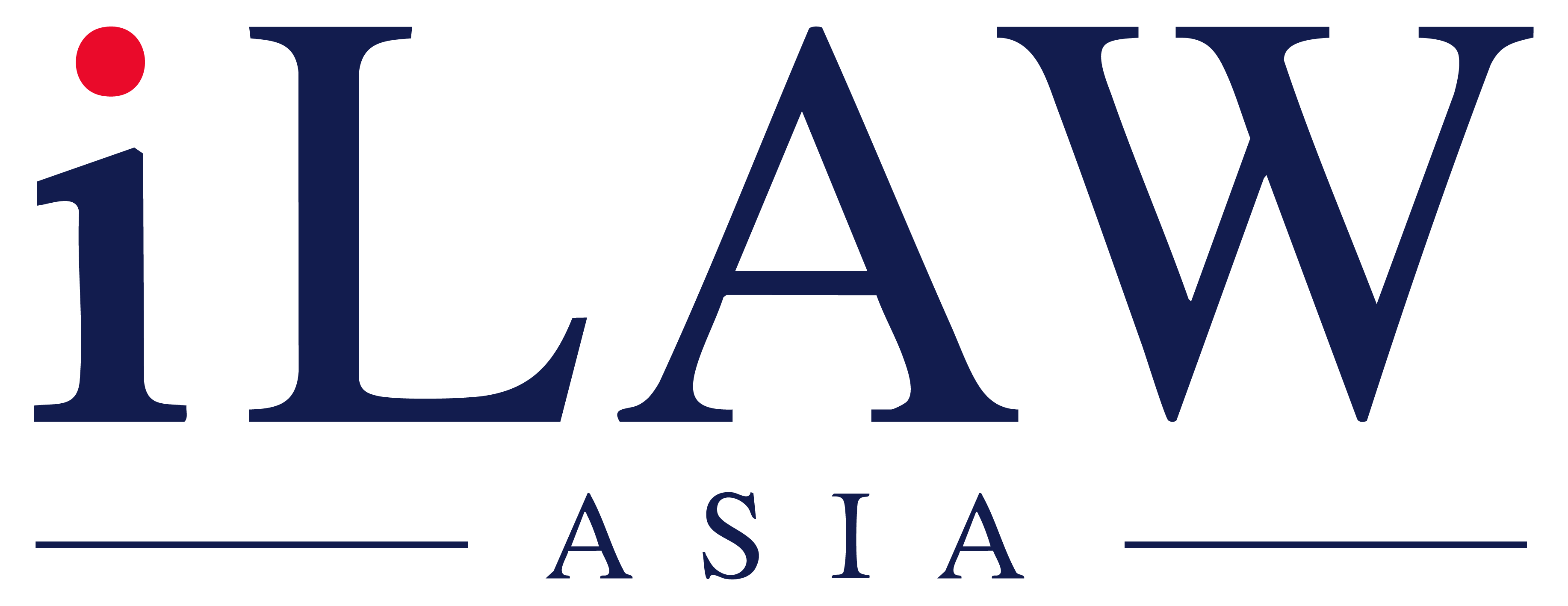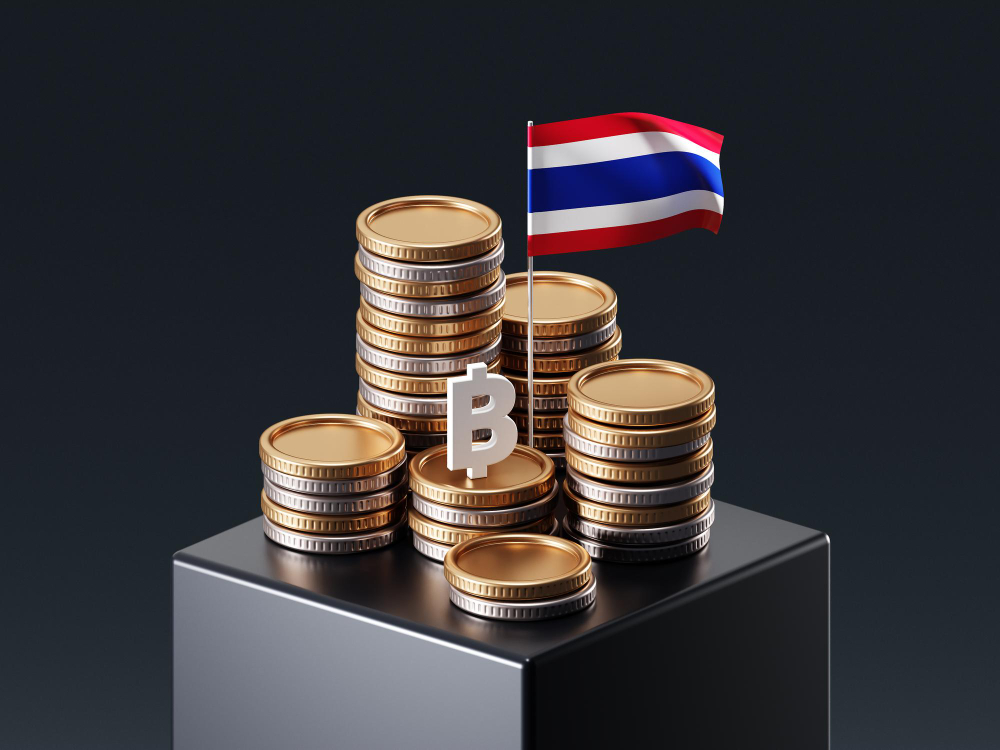Myanmar’s 2025 Investment Privileges for Foreign Companies – Unlocking New Opportunities

Strategic Reform for Global Engagement
In 2025, Myanmar has taken bold steps to reposition itself as a dynamic investment destination in Southeast Asia. Through coordinated efforts by the Myanmar Investment Commission (MIC) and the Ministry of Commerce (MOC), the country has launched a suite of investment privileges aimed at attracting foreign capital, boosting exports, and aligning with global sustainability goals. These reforms reflect Myanmar’s intent to diversify its economy and enhance its competitiveness in the international arena.
Key Highlights
A. Expanded Investment Opportunities
The MIC has broadened its scope to welcome foreign direct investment (FDI) in sectors that are both economically vital and globally relevant. In 2025, three major foreign-led projects were approved, totaling USD 35.778 million and MMK 30,206.920 million, spanning:
- Renewable energy: Solar panel production and related materials
- Infrastructure: Electrification systems to support national grid expansion
- Food processing: Instant food manufacturing for domestic and export markets
- Garment manufacturing: CMP (Cut-Make-Pack) operations
- Heavy industry: Iron and steel-based material production
These sectors not only reflect Myanmar’s development priorities but also offer foreign investors access to emerging markets with long-term growth potential.
B. Export Rights for Foreign Companies
In a landmark policy shift, the MOC now permits foreign companies incorporated under the Myanmar Companies Law 2017 to export locally produced goods. This includes both self-manufactured and third-party sourced products. Eligible export categories include:
- Processed meat, fish, and fishery products
- Value-added agricultural goods
- Pulp and paper products
- Seeds and refined minerals
- Semi-finished and finished horticultural products
- Wood-based furniture
- Environmental goods supporting sustainability
For rice and broken rice exports, companies must meet specific criteria: a minimum capital of USD 3 million, certified warehouse capacity, and membership in the Myanmar Rice Federation.
C. Investor Advantages
Foreign investors benefit from a range of strategic advantages:
- First-Mover Advantage: Early entry into newly liberalized sectors
- Regional Connectivity: Direct access to ASEAN, China, and India
- Regulatory Certainty: Clear frameworks reduce legal ambiguity
- ESG Alignment: Investment in sectors aligned with global environmental and social governance trends
- Economic Transition: Participation in Myanmar’s shift toward value-added and export-driven industries
D. Compliance and Legal Framework
To ensure transparency and stability, all foreign entities must comply with regulations issued by the MIC, MOC, and other relevant bodies. This includes licensing, reporting, and operational standards that safeguard both investor interests and national development goals.
Conclusion
Myanmar’s 2025 investment privileges represent a transformative moment in its economic policy. By opening high-potential sectors and granting export rights, the government is actively courting foreign participation in its growth story. For investors seeking scalable opportunities in a strategically located, reform-driven market, Myanmar offers a compelling proposition.
Author
Related Practices
- Corporate & Commercial














